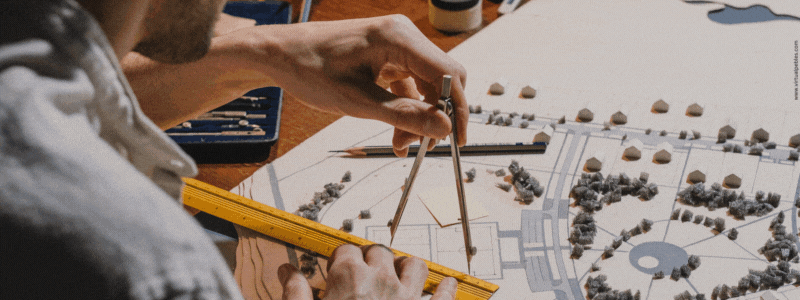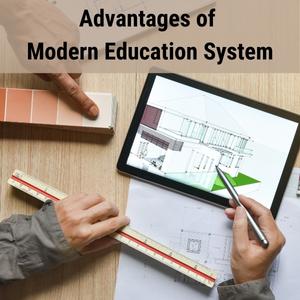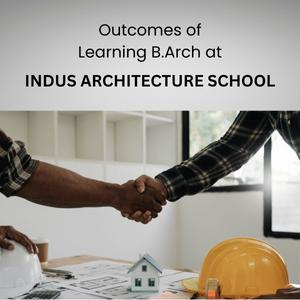Announcement
Get Ready for INDUS CUP 2K26! | Dates: 5–10 January 2026 | Stand a Chance to Win Cash Prizes up to ₹10,00,000!...Read more Get Ready for INDUS CUP 2K26! | Dates: 5–10 January 2026 | Stand a Chance to Win Cash Prizes up to ₹10,00,000!
We are excited to announce the Indus Hackathon 2025, an exhilarating one-day event organized by the CSE Department of Indus University....Read more We are excited to announce the Indus Hackathon 2025, an exhilarating one-day event organized by the CSE Department of Indus University.
26th ISTE Faculty Annual State Convention will be held at Indus University on April 27, 2023....Read more 26th ISTE Faculty Annual State Convention will be held at Indus University on April 27, 2023.
Get Ready for INDUS CUP 2K26! | Dates: 5–10 January 2026 | Stand a Chance to Win Cash Prizes up to ₹10,00,000!...Read more Get Ready for INDUS CUP 2K26! | Dates: 5–10 January 2026 | Stand a Chance to Win Cash Prizes up to ₹10,00,000!
We are excited to announce the Indus Hackathon 2025, an exhilarating one-day event organized by the CSE Department of Indus University....Read more We are excited to announce the Indus Hackathon 2025, an exhilarating one-day event organized by the CSE Department of Indus University.
26th ISTE Faculty Annual State Convention will be held at Indus University on April 27, 2023....Read more 26th ISTE Faculty Annual State Convention will be held at Indus University on April 27, 2023.

Education has a significant impact on how far human civilisation advances. Since the dawn of time, technological development has had a tremendous effect on how people learn and has continued to do so. However, online learning settings are increasingly preferred over traditional classrooms as a result of the internet and other digital technology. The modern educational system has completely abolished the physical classroom's spatial limitations, serving many different students simultaneously around the globe. We've all received our education in a teacher-centred setting, with the instructor standing in front and the students seated in orderly rows, paying attention to the lecture and taking notes.
The foundation of our educational system has always been, and in some ways still is, this structure. Schools have relied on it for years, and only recently have there been significant adjustments. The use of technology has become a necessary component of daily life in the twenty-first century. None of us can dispute the fact that it has resulted in nothing less than a revolution in our society and, more crucially, in our educational system.
In order to create a progressive atmosphere, this field requires engaging sessions and culture between students and instructors. Architecture schools must broaden their horizons to include other sciences, which are crucial for a beautifully constructed and livable environment if it is to produce young architects who are future-ready and more relevant. The focus of the curriculum should be on a more contextualised understanding of social sciences and economics. We shall be able to develop a flexible and reflective awareness by doing this. At IAS, we present a fundamental viewpoint that encourages group creativity, creative freedom, and future relevance.
According to the Indus philosophy of developing competitive, adaptable professionals with problem-solving skills, context awareness, and consideration of society and the environment, these programmes support students' holistic development.
Indus Architecture School focuses on finding the most effective and efficient ways to teach architecture. In order to do this, a module-based system that groups together related subjects and accompanying studies into modules has been developed. Over the course of the days and weeks, just one module is run concurrently. The following module is selected when the current one has finished. The Design Module, which is the most crucial of all the modules, is placed last because the learning from the earlier modules is connected to better, more effective, and more thorough results. The pages that follow go into further detail about the module system.

It supports the instructional strategy and is mainly concerned with the overall growth of students in terms of construction materials, technology, and professional practice. In order to encourage students to view architecture as more than merely creating places, we introduce students to the cultural and demographic significance of architecture through emerging trends with many national and international agencies. The research endeavours are also documented, clarified, and compiled by the Indus Architecture School Research Cell, which also occasionally publishes the results of its work.

The internet, various computer technology, and projection presentations are used in modern education to make lessons engaging and interactive for students. It encourages pupils to interact with the outside world and examine everything that occurs in various aspects of life. Students are taken to the appropriate areas and industries where they observe the theoretically learnt principles being applied in practice. These techniques efficiently raise student involvement and enhance educational quality.
Students can learn much faster thanks to the dynamic nature of modern schooling. Students get a deeper understanding through engagement with professors. Another benefit is allowing students to engage in physical activity to increase their productivity. Modern education promotes socialisation and connection among students in addition to helping them study more. Through extracurricular activities, recreational hobbies, theatre, and the arts, students develop their creative, conscientious, and patient skills. One factor that encourages students to like attending school is this. Classes and lectures in the modern educational system are timed and monitored, which encourages students to arrive on time and behave consistently.
